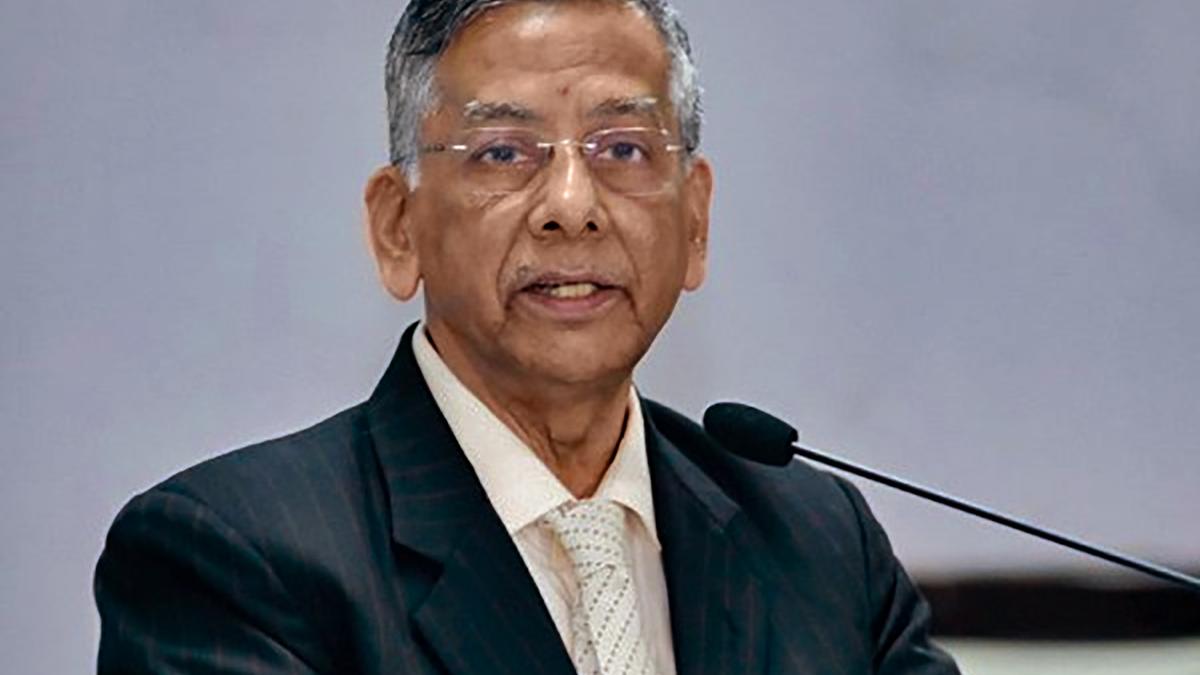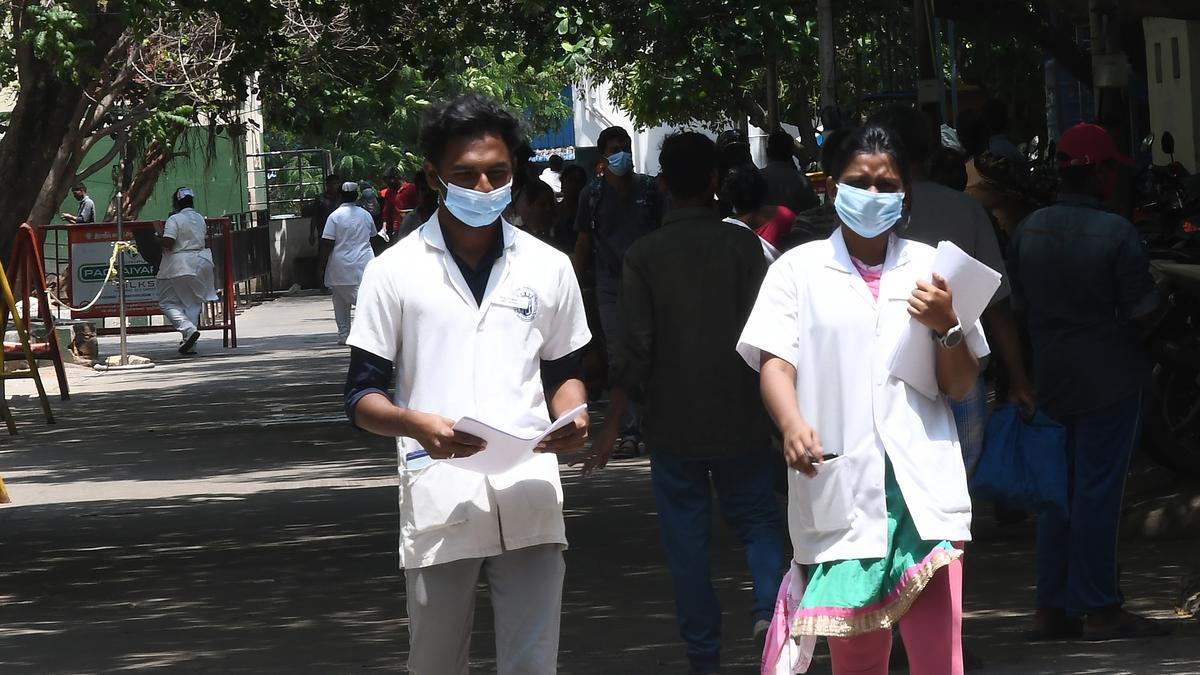
Attorney General R. Venkataramani. File
| Photo Credit: PTI
Attorney General R. Venkataramani on Tuesday (August 19, 2025) submitted before a five-judge Bench headed by the Chief Justice of India B.R. Gavai that a Governor’s power to withhold assent to a proposed State legislation is an act independent of the Council of Ministers.
Mr. Venkataramani said a Governor, in such cases, acts outside the aid and advice of the Council, and even contrary to the mandate of the House/Council of Ministers.

“A power to withhold necessarily involves personal independent judgment, guided by settled principles of laws,” Mr. Venkataramani, who represented his Constitutional office of Attorney General of India, submitted.
He referred to the post‑1970s Constitutional Amendments which had modified the President’s duties but left the Governor’s role largely untouched.
“The 42nd Amendment made Article 74(1) explicit that the President ‘shall… act in accordance with’ the Cabinet advice. But Article 163 (Governors) was not amended to match Article 74,” Mr. Venkataramani explained.
He pointed out that a Governor cannot be expected to be bound by the advice of the House if the proposed State law was found to be unconstitutional.
Interestingly, Mr. Venkataramani invoked Article 145(3) of the Constitution to note that the Division Bench of the Supreme Court headed by Justice J.B. Pardiwala ought to have referred the Tamil Nadu Governor to a Constitution Bench of a minimum of five judges.

He submitted that he had urged the two-judge Bench for a reference to the Constitution Bench as the case concerning the powers and discretion of the Tamil Nadu Governor involved substantial questions of law.
To this, Justice P.S. Narasimha reacted that it was not a mandate that every case involving a substantial question of law or constitutional interpretation ought to be referred to a Constitution Bench under Article 145(3).
Justifying the Presidential Reference, Mr. Venkataramani said that in the absence of an ‘’authoritative pronouncement” or a “conclusive authority” on an important question of Constitutional interpretation, it would have been only prudent for the Pardiwala Bench to have referred the Tamil Nadu case to a five-judge Bench.
Justice Narasimha reminded Mr. Venkataramani that judges may opinionate polyvocally even on a Presidential Reference Bench.
Published – August 19, 2025 09:54 pm IST


